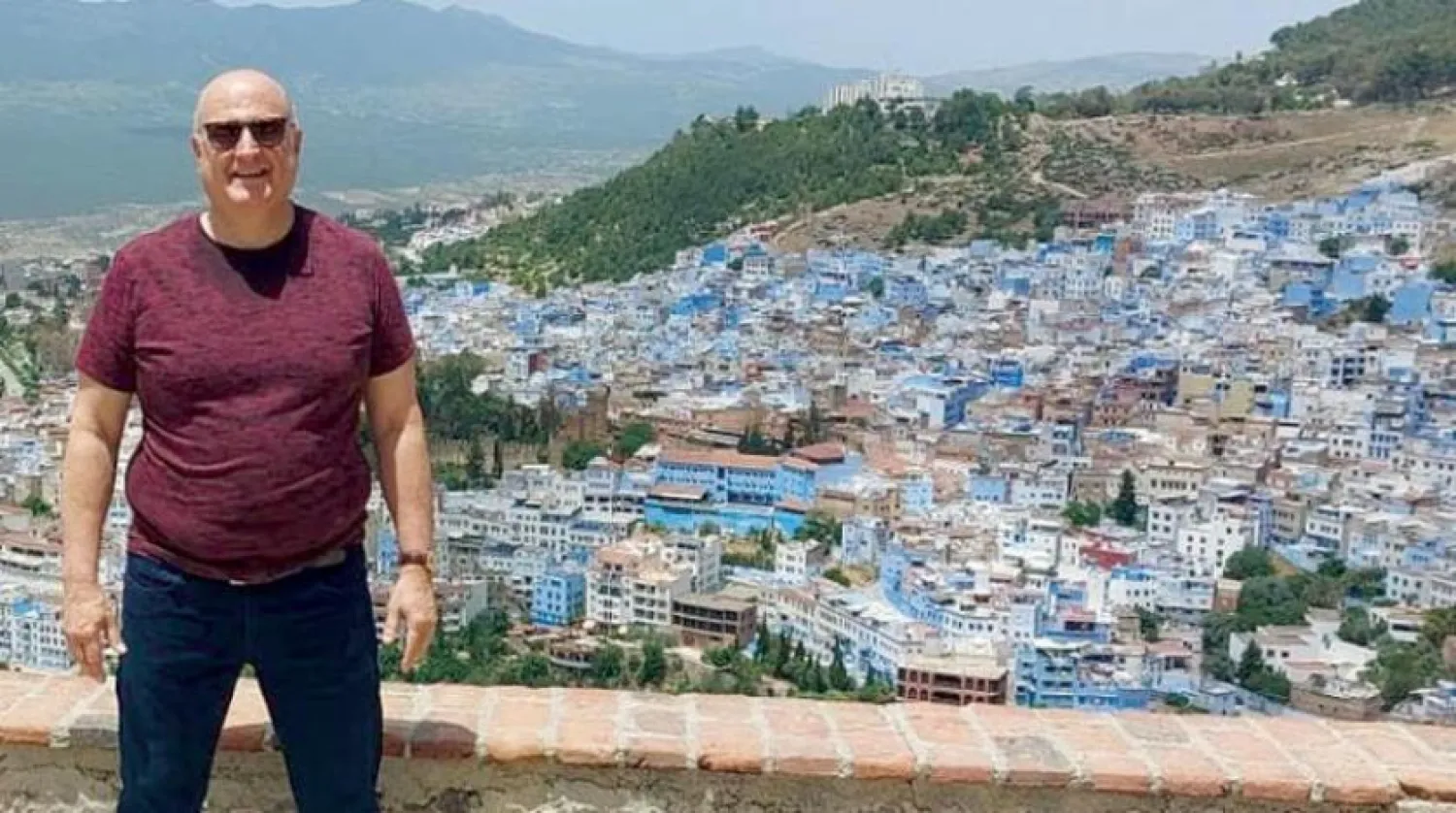Israel summoned its ambassador to Morocco, David Govrin, over allegations of sexual harassment and corruption, a spokesman for the Israeli Foreign Ministry announced Tuesday.
Last week, the Israeli Foreign Ministry launched an investigation into severe misconduct suspicions within the Israeli diplomatic mission to Morocco, including human trafficking, mysterious work relations in the office, financial and administrative problems, and sexual allegations.
The investigation focused on the behavior of Govrin, the former ambassador to Egypt.
A delegation of senior officials, including the Office's Inspector General Hagay Behar, was rushed to the office in Morocco last week.
He investigated allegations "about the sexual exploitation of local women" and complaints of sexual harassment within the mission.
The Foreign Ministry is also investigating the involvement of a local businessman, Sami Cohen, in hosting official events for senior Israeli officials.
Cohen held a reception for Prime Minister Yair Lapid, ministers Ayelet Shaked and Gideon Saar and initiated meetings between them and local officials, even though he was not officially affiliated with the mission.
The team was also investigating a reported feud between Govrin and the mission's security officer.
The Israeli Public Broadcasting Corporation (Makan) warned that if these allegations were proven true, they might lead to a serious diplomatic incident between Israel and Morocco.
Govrin returned to Morocco after interrogation at the Foreign Ministry in Tel Aviv. He was questioned about the abuse of influence within the mission and the financial management of the Liaison Office.
Investigations revealed that many employees used their diplomatic advantages to obtain financial benefits and arranged deals between Israeli and Moroccan companies outside established channels.
The mission's office witnessed a series of resignations and dismissals due to "financial scandals" and "abuse of office" among Israeli employees seeking donations from the Jewish community and funds from the authorities in Morocco.
Israeli media reported that Govrin's mission as head of the Liaison Office in Rabat is "over."
The Israeli Foreign Ministry is expected to release the investigation results in the coming days, after coming under pressure from the Israeli press and public.
Morocco became the third Arab country to normalize relations with Israel, under agreements brokered by the United States in 2020.
Govrin, 58, is a high-ranking official and diplomat. He has worked in the Foreign Ministry since 1989, speaks fluent Arabic, and served as Israel's ambassador to Egypt from 2016 until 2020.









